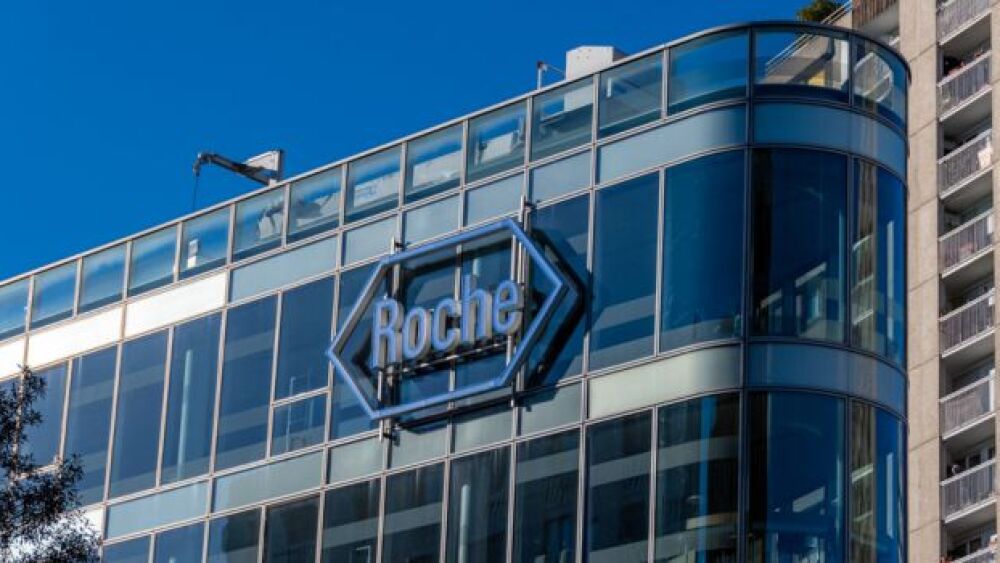ACTG today announced the opening of A5374, a phase 1/2a study evaluating the safety, tolerability, and antiviral effect of a novel combination regimen that includes therapeutic T-cell vaccines, two broadly neutralizing antibodies (bNAbs), and an immune-system boosting treatment among people living with HIV who started antiretroviral treatment (ART) during acute (early) HIV infection.
LOS ANGELES, April 19, 2024 (GLOBE NEWSWIRE) -- ACTG, a global clinical trials network focused on HIV and other infectious diseases, today announced the opening of A5374, a phase 1/2a study evaluating the safety, tolerability, and antiviral effect of a novel combination regimen that includes therapeutic T-cell vaccines, two broadly neutralizing antibodies (bNAbs), and an immune-system boosting treatment among people living with HIV who started antiretroviral treatment (ART) during acute (early) HIV infection. A5374 (Triple Immune Strategy for HIV Remission) is a multi-site, randomized, placebo-controlled trial. The study hypothesizes that this combination regimen will be safe and result in a longer period of viral control during a closely monitored pause in ART (known as an analytic treatment interruption) compared to placebo.
While current ART can manage HIV very well, it does not cure it and people living with HIV have to take it for the rest of their lives in order to suppress viral replication and protect their immune systems. The approach being studied in A5374 is part of a potential path toward enabling the immune system to manage HIV in the absence of ART for weeks or months.
“We expect that controlling HIV in the absence of ART will require a combination of novel treatments to decrease the number of cells harboring HIV and simultaneously stimulate the immune system to keep the virus from replicating,” said ACTG Chair Judith Currier, M.D., M.Sc., University of California Los Angeles. “A5374 is a pivotal trial and we are hopeful that it will provide us with important insights into how to boost the immune system so that it can control HIV.”
A5374 will enroll 45 participants aged 18 years and older who started combination ART within 28 days of acute HIV diagnosis (30 who will receive active study treatment and 15 who will receive placebo). The study will last up to approximately two years for each participant.
After enrollment, participants will continue taking their HIV medications and will either receive a series of novel treatments or placebo. The novel regimen includes a T-cell vaccine regimen (vaccines vectored by replication-deficient chimpanzee adenovirus ChAdOx1 and poxvirus MVA, each containing six small fragments of HIV); broadly neutralizing antibodies (teropavimab, also known as GS-5423 or 3BNC117-LS, and zinlirvimab, also known as GS-2872 or 10-1074-LS); and vesatolimod (a toll-like receptor 7 or TLR7 agonist, which acts as an immune booster). After about 16 months in the study, participants will stop taking ART. They will be closely monitored for increases in HIV viral load, decreases in CD4 T-cell counts, and symptoms, and will resume taking ART if there is a signal that HIV is rebounding or if they become pregnant. The study will compare the length of time that participants in the active treatment and placebo groups experience viral control while they are off ART.
“Our goal with this study is to demonstrate that enhancing immune responses to HIV will lead to sustained suppression of HIV during treatment interruption,” said A5374 Protocol Chair Sharon A. Riddler, M.D., M.P.H., University of Pittsburgh.
Carefully monitored analytic treatment interruptions are an important part of HIV cure clinical trials. They can help determine whether a research intervention can reduce latent HIV (HIV that is “hidden” in different cells and tissues but not replicating) or increase immune function and delay or prevent latent HIV from actively replicating.
A5374 will take place at up to 10 sites in the United States and Brazil. It is sponsored by the National Institute of Allergy and Infectious Diseases (NIAID), part of the National Institutes of Health (which also funds ACTG), under award numbers UM1 AI068636, UM1 AI107716, and UM1 AI068634. The University of Oxford is supplying the T-cell vaccines and conducting endpoint assays. Gilead Sciences is supplying the bNAbs and TLR7 agonist.
A5374 is led by Dr. Riddler and Cynthia L. Gay, M.D., M.P.H., University of North Carolina (UNC) (Co-vice Chair) and John Mellors, M.D., University of Pittsburgh (Co-vice Chair). ACTG is led by Dr. Currier and Joseph J. Eron, M.D., UNC (ACTG Vice-Chair).
For more information about A5374, please visit clinicaltrials.gov.
About ACTG
ACTG is the world’s largest and longest running clinical trials network focused on HIV and other infectious diseases and the people living with them. It is funded by NIAID and collaborating NIH Institutes. Founded in 1987, ACTG conducts research to improve the management of HIV and its comorbidities; develop a cure for HIV; and innovate treatments for tuberculosis, hepatitis B, and emerging infectious diseases. It comprises thousands of dedicated researchers, staff, and community members who are pursuing research into novel treatments and cures for infectious diseases at 65 locations across four continents, with the ultimate goal of advancing science that meaningfully impacts the lives of the people we serve.
Disclaimer: This content is solely the responsibility of ACTG and does not necessarily represent the official views of the NIH.
Media Contact:
Jenna Conley, ACTG
jenna@conleycommunications.net






